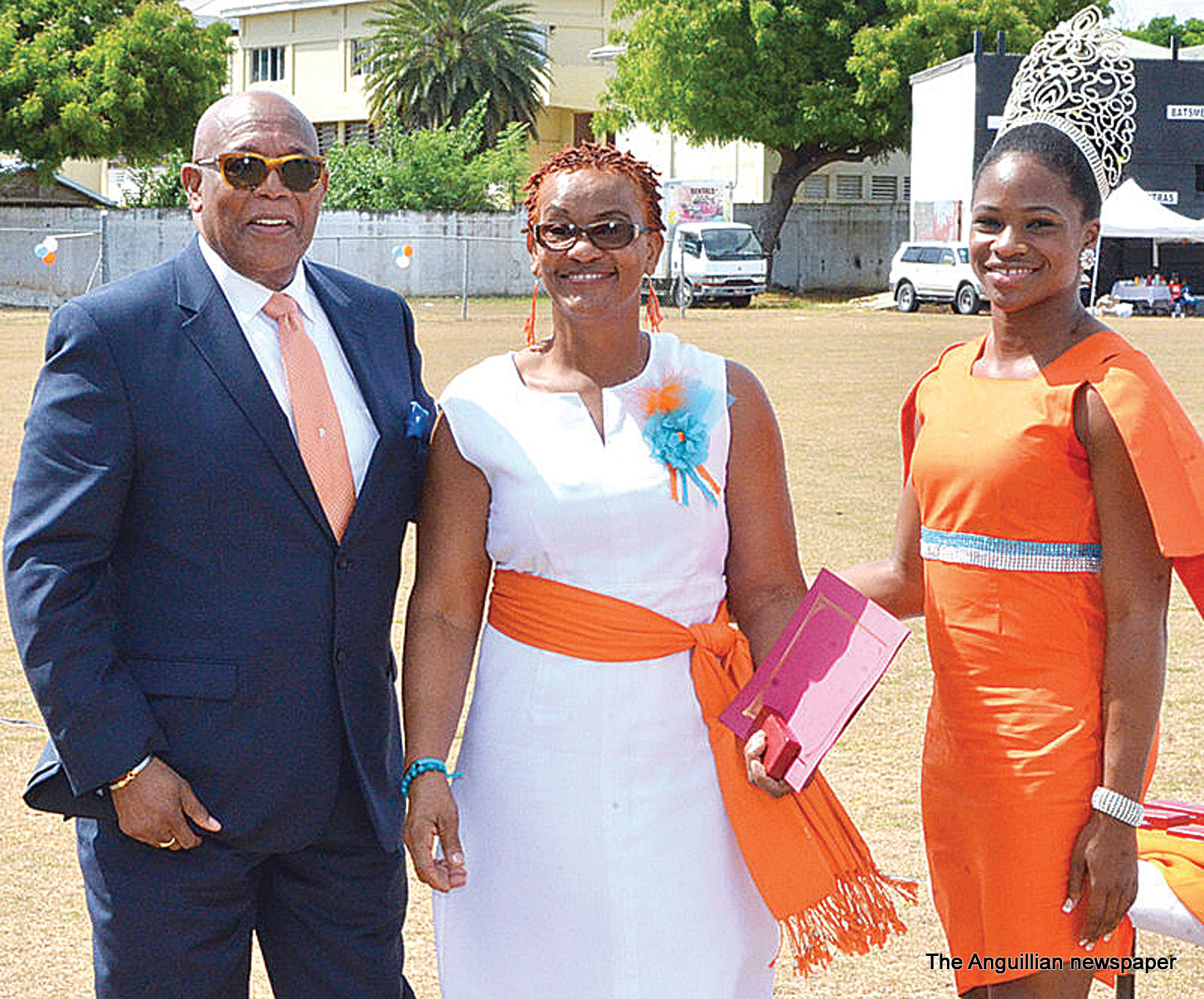Anguilla’s General Election
- On 7 May, after consultation with the Premier, and as set out in Section 63 (1) of the Constitution, I issued the proclamation dissolving the 11th Anguilla House of Assembly on 9 May. Given speculation, I would like to set out what this means in terms of four issues:
i. the administration of Anguilla’s affairs up to the next General Election;
ii. the timeline within which the Election takes place;
iii. who sets the Election date; and
iv when must the Election date be announced.
The administration of Anguilla’s affairs up to the Election
- Consistent with established practice and Section 25 (3) of the Constitution, ministers remain in charge of their portfolios until they cease to be ministers. Ministers do not cease to be ministers when the House of Assembly is dissolved. They remain in role until they are no longer members of the Executive branch of government, which is separate to the Legislative branch (the House of Assembly). Similarly, Executive Council will continue to meet to oversee the day-to-day business of Government, but no major decisions, such as new policies, contracts or board appointments can be taken between the House dissolving and the Election.
By when must the next election take place?
- Section 64 of the Constitution requires that a General Election take place no later than two months after the House of Assembly is dissolved. As the House was dissolved on 9 May this means that – ordinarily – the election must take place by 9 July.
- On 3 April, recognising the possibility that COVID-19 might inhibit the holding of a free and fair Election within the Section 64 timeline, the Privy Council agreed an Order in Council allowing the Governor to extend the period within which the Election must be called by a further two months.
- As I said when the Order was agreed, this does not mean the Election will be delayed beyond 9 July. It is a contingency that will only take effect if I, in my own discretion, judge circumstances necessitate it. Until that time, the Constitutional deadline by which the Election must take place remains – that is 9 July.
Who sets the date of the election?
- There is a common misconception that the Governor acting alone sets the date for elections. This is not the case. Section 35 of the Elections Act (as amended) is clear. The Premier determines the dates for the Nomination of Candidates and the Election and advises the Governor of those dates so the Governor can issue the necessary writs for holding the election.
- This situation could only change if I were to bring the Order in Council noted above into force. I will only do this if I, using my own discretion, believe a free and fair election can’t be held before 9 July. The Order does not give the Governor the power to determine the election date in any circumstances within the two-month timeline set out in Section 64.
When must the Election date be announced ?
- There is no constitutional or other legal reason requiring the election date to be announced at the same time as the House of Assembly is dissolved. In 2015, for example, the then Chief Minister requested the Governor to dissolve the House on 25 February and advised her of the Election date on 9 March at which point the Writ of Elections was issued on 10 March. In short, provided he remains consistent with Section 35 of the Elections Act, it is for the Premier to decide when he announces the election date.
Tim Foy
Governor








